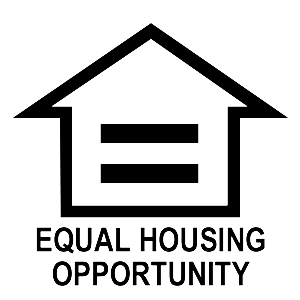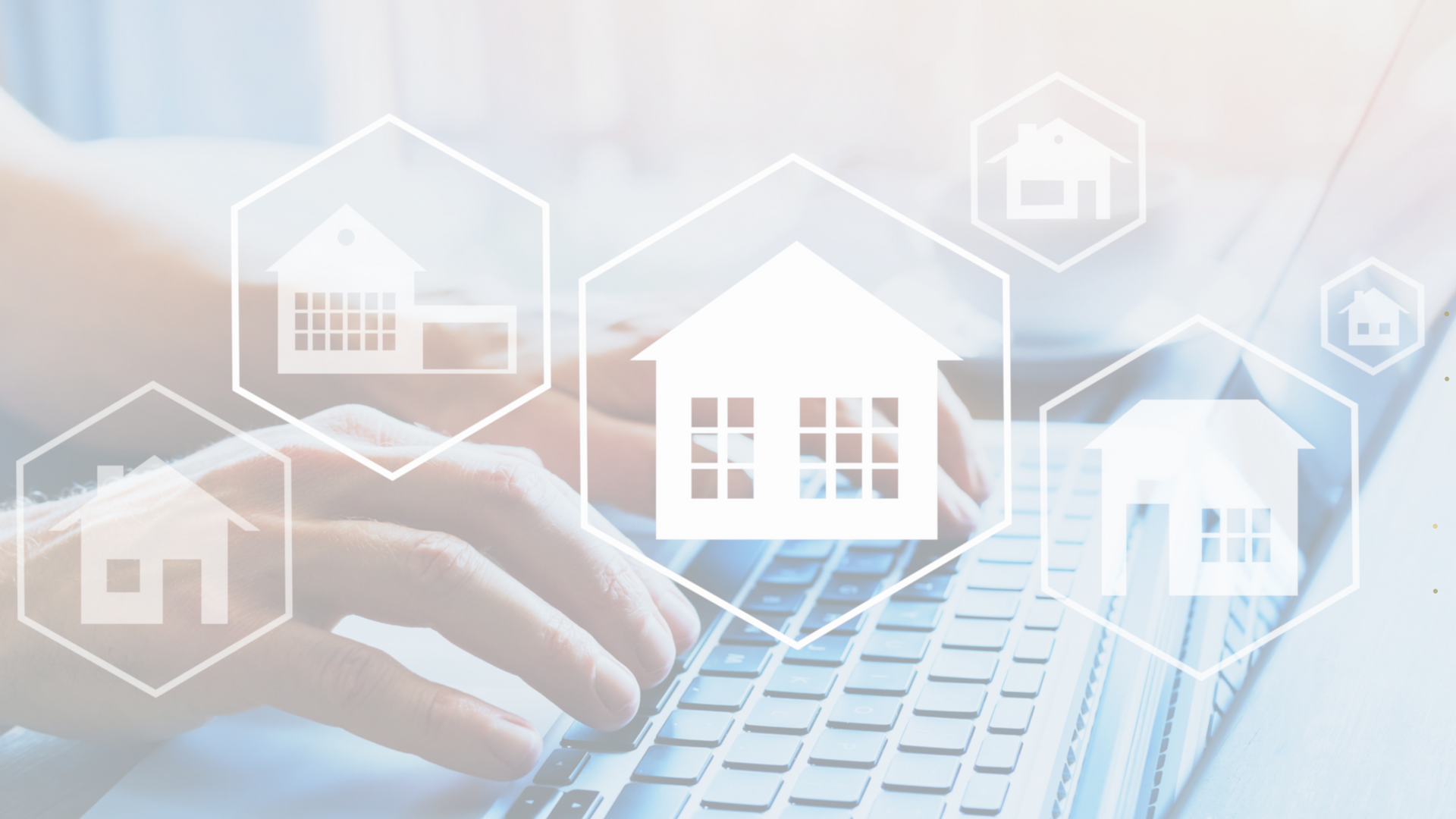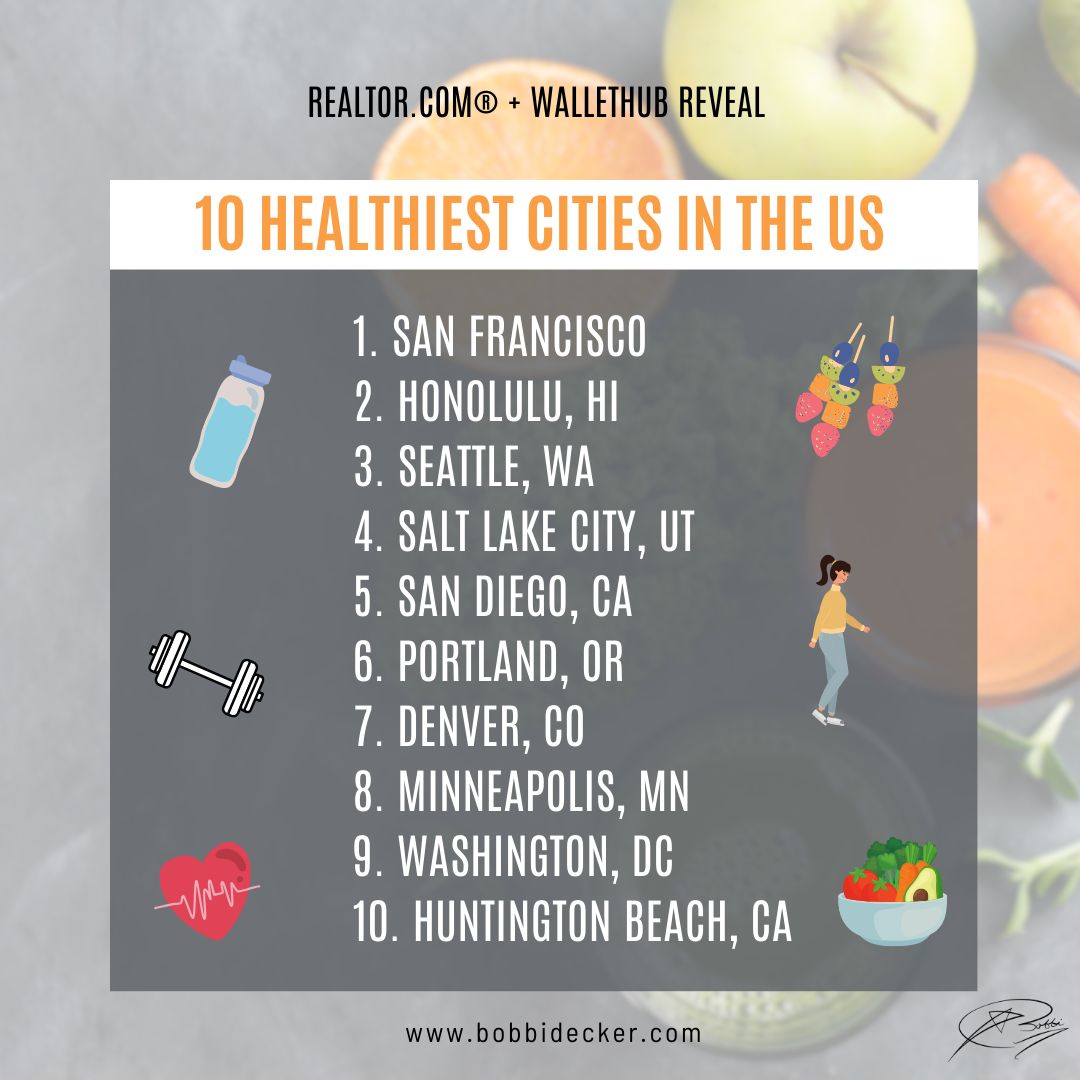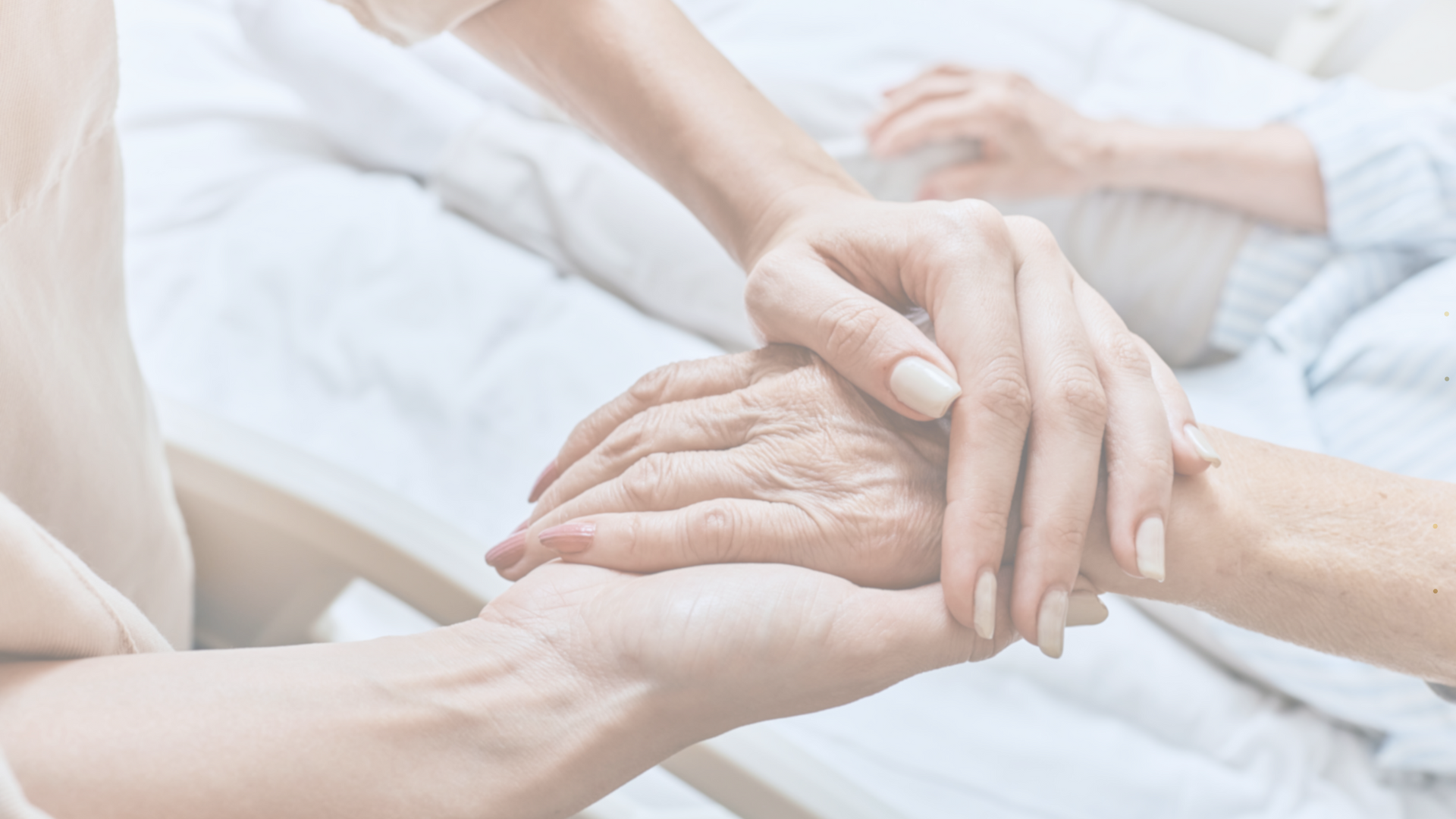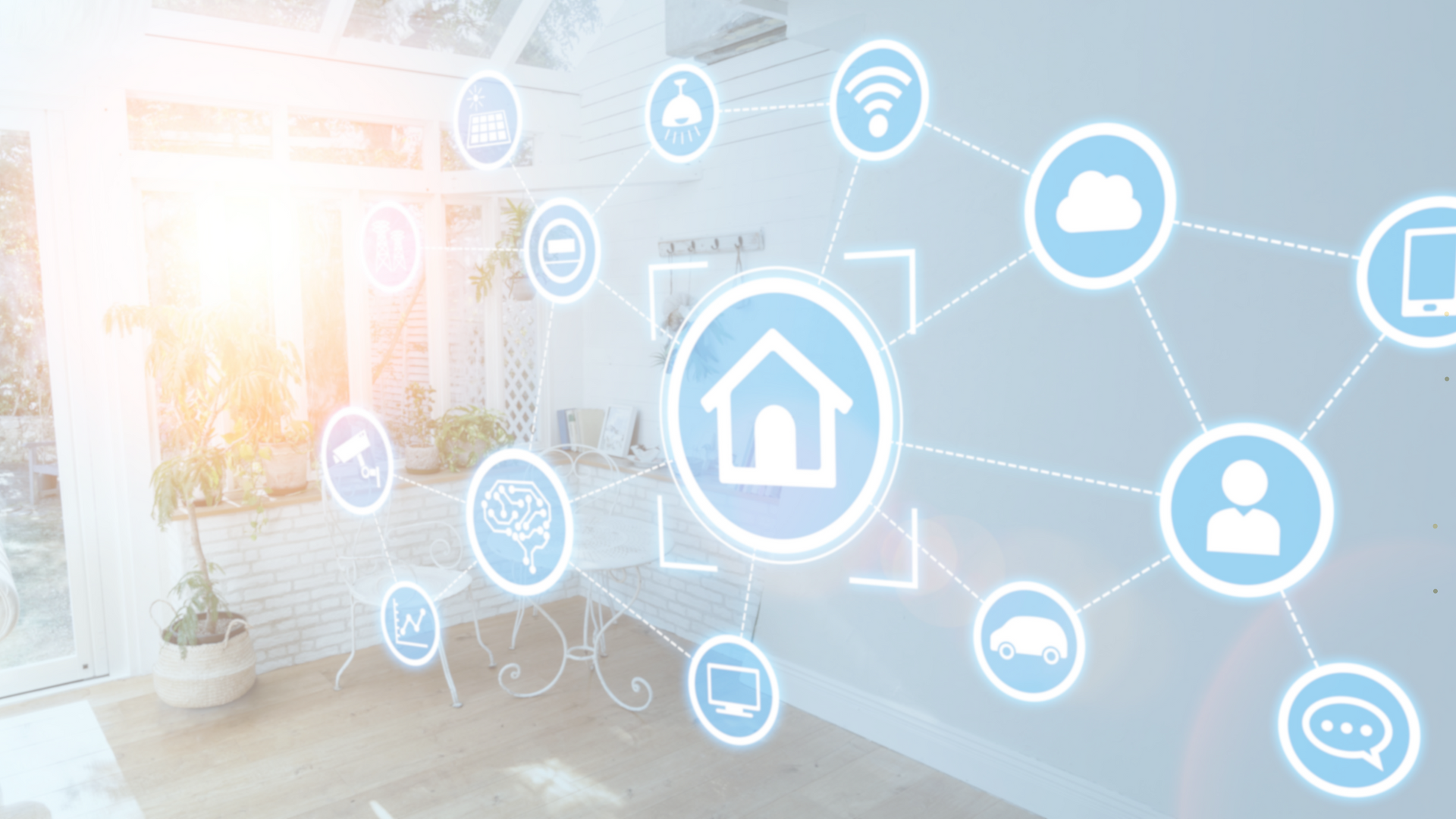Senior Spotlight: Brain Health Beyond MRIs
The most powerful tools for brain health aren’t always in hospitals.
Welcome back to our Senior Spotlight today as we dive into a brand-new topic to our blog – the impact of community & connection on brain health! Most of us think of brain health as something out of our control, and that a decline in cognitive functioning is going to happen regardless of the choices we make. Most people also think of brain health as a very medical term, measured by neurologists via MRIs and cognitive tests.
However, a recent read on Next Avenue challenges us to see brain health as community based. And here’s why: brain health has emerged as a top health priority given that 1 in 3 people worldwide are impacted by a neurological condition. Plus, with over 73 million Americans over age 65 by the year 2030, understanding and managing brain health is essential for our health care systems, families and communities.
At the core of maintaining our cognitive functioning is the awareness that we DO have control over this aspect of aging. As stated in ‘Brain Health Begins in the Community’, research “increasingly shows that brain health is built and maintained through daily activities and community support systems.” According to a report published by the Area Agencies on Aging (AAAs), the support systems that maintain brain health and reduce cognitive decline are:
- Social connections (group activities, volunteer opportunities, social engagement programs)
- Lifelong learning (learning anything new builds neural connections and supports cognitive reserves)
- Stress reduction (chronic stress accelerates cognitive decline; care coordination, case management and benefits counseling can reduce stress)
- Nutrition support (what we eat truly affects how we think – healthy choices matter)
BONUS TIP: The more you talk – the better your brain health! A new report published in Scientific Reports found that older adults who talk more throughout their day tend to perform better on tests of cognitive ability—particularly working memory, processing speed, and semantic fluency. Read more here.
What does all of this mean for you? If you want to help support your own brain health and that of your loved ones, consider how the activities and community supports above can be incorporated into your lifestyle. Look into programs and opportunities for seniors at your local community centers, county programs and within your own local area on aging.
Cheers to building brain health through community & connection,
Bobbi
Bobbi Decker
DRE#00607999
Broker Associate
650.346.5352 cell
650.577.3127 efax
www.bobbidecker.com
NAR Instructor….“Designations Create Distinctions”
CIPS, SRS, ABR, CRS, SRES, GRI, CLHMS, REI, AHWD, RSPS, MSLG
Bobbi Decker & Associates fully supports the principles of the Fair Housing Act and the Equal Opportunity Act. For more information, please visit: http://portal.hud.gov/

